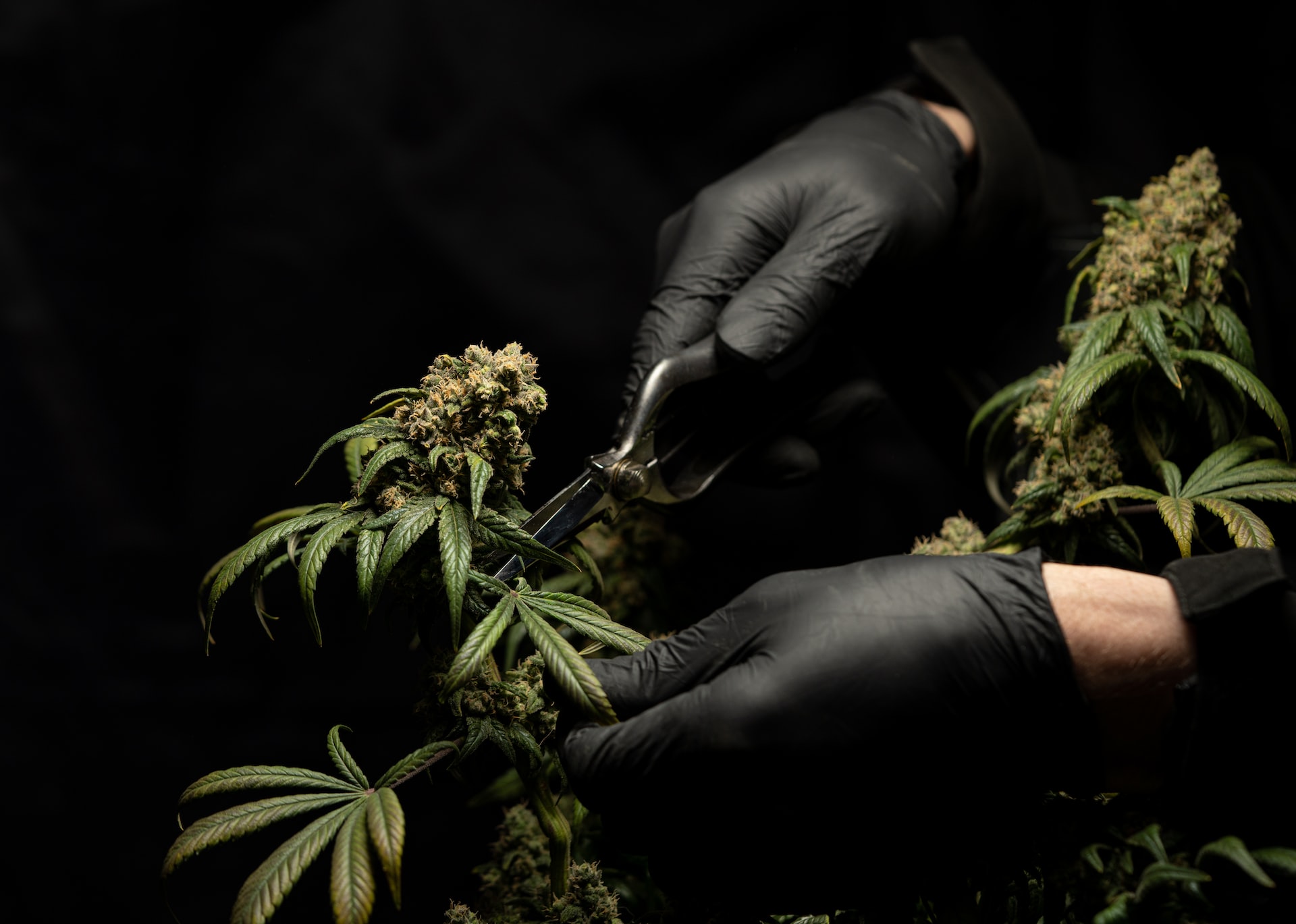Criminalizing cannabidiol: Hong Kong forces citizens to bin CBD or face heroin-level prison sentence

01 Nov 2022 --- Hong Kong is preparing to criminalize cannabidiol (CBD) use and possession from February 1, 2023. The city has already set up “CBD disposal bins” to ease the process of ditching products containing CBD. Consumers who fail to comply with the new legislation could face up to seven years in prison, a punishment corresponding to jail time for possessing heroin or cocaine.
CBD will be added to the Dangerous Drugs Ordinance and join a list of 200 banned substances, including cocaine, heroin, ketamine, methamphetamine and fentanyl.
“The trade and the public should arrange early disposal of any CBD products in their possession to avoid contravention of the law,” says a government spokesperson.

Meanwhile, John Lee, former police officer and Hong Kong’s chief executive, stated in a speech before the decision: “Cannabis is a drug, and the government will categorize CBD as a dangerous drug to protect the public’s health.”
According to the Hong Kong Police, possessing, smoking, inhaling, ingesting or injecting any substances in the ordinance will result in a HK$1 million (US$127,400) fine and seven years in prison. Trafficking or manufacturing will result in a fine of HK$5 million (US$637,000) and imprisonment for life.
Additionally, keeping equipment intended for consumption will lead to a HK$10,000 (US$1,274) fine and three years in prison. If cultivating cannabis plants, the punishment is a HK$100,000 (US$12,740) fine and 15 years in prison.
 Possessing CBD may result in a HK$1 million (US$127,400) fine and seven years imprisonment.CBD’s short-lived life
Possessing CBD may result in a HK$1 million (US$127,400) fine and seven years imprisonment.CBD’s short-lived life
National authorities have said that CBD is inseparable from tetrahydrocannabinol (THC), the psychoactive compound in cannabis, which is illegal in Hong Kong.
The ban will make it impossible for CBD companies to remain in business, especially if CBD-enriched products are the primary or only source of their revenue. The first retail cafe in Hong Kong to offer CBD-infused products opened its doors in 2020.
“With a full ban for CBD in Hong Kong, we would be forced to probably shelve the Found brand as it exists today,” says Fiachra Mullen, chief marketing officer at Altum International – the company that owns Found and domestic supplier of CBD products.
The government started pushing for the ban earlier this year, flagging that “CBD will become a dangerous drug in Hong Kong.”
CBD products often have a low percentage of THC which cannot be avoided. Although it’s too low to make you high, the government flagged that CBD can decompose and be converted to THC.
Some studies have found that consuming CBD benefits brain health, sleep and mood regulation. It has also shown beneficial effects for anxiety and stress, leading to an increase in consumer demand following the COVID-19 pandemic, where immune and mental health entered the spotlight. Experts have also highlighted that it may interfere with certain medications, so consulting health care providers before use is recommended.
Varying regulation, growing demand The ban will force many CBD companies to shut down, especially where CBD is the primary source of revenue.
The ban will force many CBD companies to shut down, especially where CBD is the primary source of revenue.
Cannabis is currently illegal in all Asian countries except Thailand, where it is legal for medical purposes and decriminalized for recreational use. In South Korea, it is legalized for medical use but remains illegal for recreational purposes.
Japan, one of the world’s strictest countries in terms of cannabis regulation, recently unveiled the potential of legalizing CBD for medical use.
Regulation of CBD across the globe looks different as regulations and guidelines vary. Although demand continues to increase, experts have previously flagged the importance of finding a regulatory pathway that allows for innovation in sustainable business models.
Countries leading in CBD regulations have also faced difficulties. In the UK, Kent Scientific Services investigated CBD products on the market and found that 71% of the tested samples contained at least one psychoactive element of cannabis.
By Beatrice Wihlander











